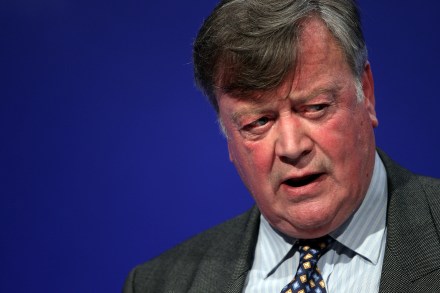Tories growing used to a hung parliament in public and in private
Planting seeds, that’s what the Tories are doing – they’re planting the seeds of a Lib-Con alliance. Yes, it’s a subtle process, and is couched in terms of denial and defiance. But it’s still going on. I mean, look at Cameron’s interview with Jeremy Paxman past night (video on Spectator Live), where he declined to rule out having Nick Clegg in his Cabinet – although, happily, he was more unequivocal on the subject of Vince Cable. And then there’s Ken Clarke’s interview with the Daily Telegraph this morning, in which he says that the Conservative “starting point” for any coalition would be a refusal to compromise on their economic plans.


















